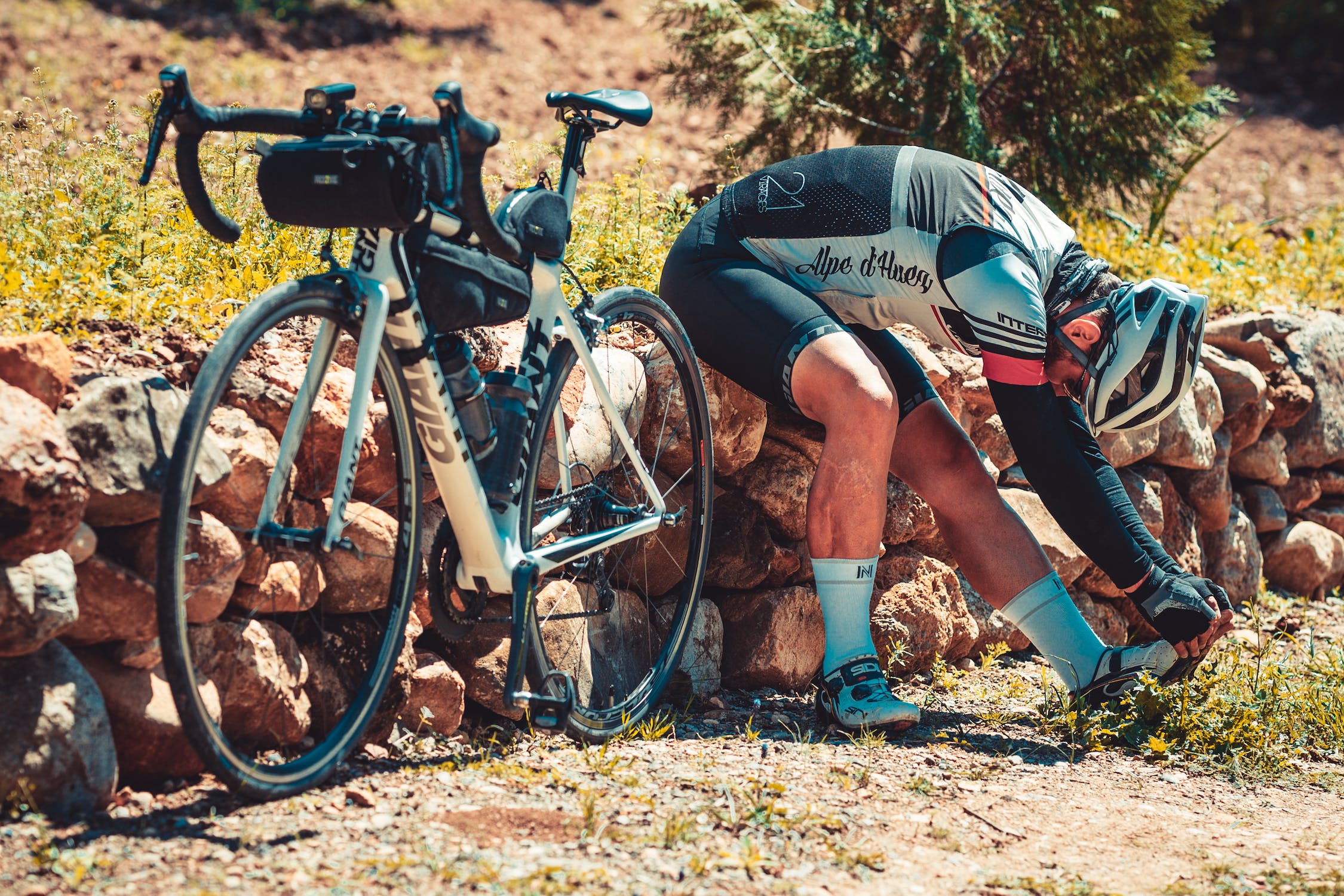Nutrition for Cyclists: Fueling Your Training

Cycling is more than just a sport; it's a demanding physical activity that requires precise and effective nutrition to sustain energy, support recovery, and enhance overall performance. As cyclists, what we eat plays a pivotal role in optimizing training outcomes and ensuring we can tackle the miles ahead. In this article, we'll explore the fundamentals of nutrition for cyclists, providing insights into fueling strategies that can elevate your training regimen.
Cycling places considerable demands on the body, requiring a strategic approach to nutrition. Proper nutrition not only fuels your rides but also aids in muscle recovery, prevents fatigue, and contributes to long-term health. Here are key aspects to consider.
Carbohydrates as the Primary Fuel
Carbohydrates are the main energy source for cyclists. They are stored in the muscles as glycogen and are essential for maintaining endurance during rides. Prioritize complex carbohydrates like whole grains, fruits, and vegetables.
Protein for Muscle Repair
Protein is crucial for muscle repair and recovery. Integrate lean protein sources such as poultry, fish, beans, and dairy into your diet to support the maintenance of muscle mass and aid in post-ride recovery.
Healthy Fats for Sustained Energy
Include healthy fats in your diet for sustained energy during longer rides. Avocados, nuts, seeds, and olive oil are excellent sources of healthy fats that can contribute to your overall energy supply.
Hydration for Performance
Staying hydrated is fundamental for performance and overall well-being. Dehydration can lead to fatigue, cramping, and decreased endurance. Hydrate consistently throughout the day, especially before, during, and after rides.
Fueling Strategies for Cyclists
- Pre-Ride Nutrition
Consume a balanced meal rich in carbohydrates and moderate in protein 2-3 hours before your ride. This provides a steady source of energy. Include foods like oatmeal, whole grain toast, and yogurt. - During-Ride Fueling:
For longer rides, maintain a steady intake of easily digestible carbohydrates. Energy gels, sports drinks, bananas, and energy bars are convenient options to keep you fueled during the ride. - Post-Ride Recovery:
Refuel within 30-60 minutes after your ride with a combination of carbohydrates and protein. This aids in replenishing glycogen stores and supporting muscle repair. Chocolate milk, a smoothie with protein powder, or a turkey and vegetable wrap are excellent choices. - Nutrient Timing:
Pay attention to the timing of your meals and snacks. Distribute your nutrient intake throughout the day, focusing on pre- and post-training meals to optimize energy levels and recovery. - Personalized Nutrition Plans:
Consider consulting with a sports nutritionist to create a personalized nutrition plan tailored to your training goals, intensity, and individual needs. This can provide targeted guidance for optimal performance.
Nutrition is a cornerstone of effective training for cyclists. By understanding the role of carbohydrates, protein, fats, and hydration, you can develop a comprehensive fueling strategy that supports your cycling goals. Whether you're embarking on a leisurely ride or pushing your limits in training, fueling your body with the right nutrients is key to unlocking your full cycling potential. Remember, every pedal stroke is an opportunity to nourish your body and propel yourself towards peak performance.